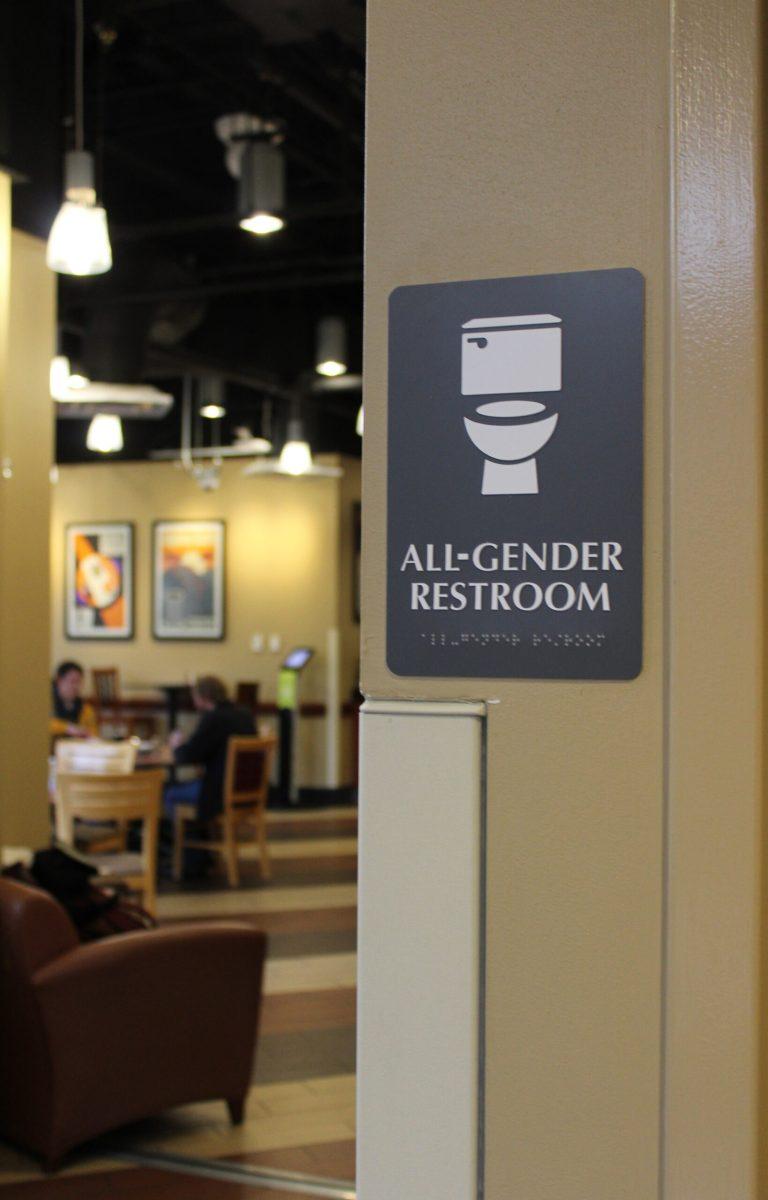_Madi Baughman is a freshman journalism and political science major at MU. She is an opinions columnist who writes about political and civil rights issues for The Maneater._
Picture this: You have a test today, and you’re worried because you think you didn’t study enough. You’re just trying to get to class, when suddenly you’re confronted by someone who you don’t even know who thinks they have the right to comment on your life. They throw many slurs at you and say some really disrespectful things before you can finally get past them, and suddenly, the test is the least of your worries.
As horrible as this sounds, this is the reality some students on campus have faced just for presenting their gender or sexual orientation.
People often try to discredit members of the LGBTQ community’s fears by saying things like “It’s 2018” or “Gay marriage is legal now. What else do you need?” In a world where transgender and nonbinary people can’t even go to the bathroom without being scared of repercussions, there is still such a long way to go on the road to acceptance and equality. The already high rates of sexual assault and harassment are disproportionately higher within the LGBTQ community. Especially in the transgender community, the fear of sexual assault and harassment is uncomfortably high. In a 2017 report from GLSEN, the Gay, Lesbian and Straight Education Network, and the Movement Advancement Project, “75 percent of transgender students reported feeling unsafe at school.” Imagine feeling like the place you’re supposed to call home and feel safe at becoming just another place where you have to worry about your well-being.
Though college may have more opportunities and safe spaces, it can still be hard to feel like you belong. While Mizzou is trying to take action to protect and represent people in the LGBTQ community, having a safe space where people can fit in is not the same as being automatically accepted by society. Many people in the community live with a constant fear of backlash, even from people they know and consider friends.
While it may not seem apparent just by looking, many LGBTQ students suffer from invisible problems, which can have a huge effect on their life as a whole. According to research done by the Association of American Colleges & Universities, LGBTQ students who face a hostile environment often experience “increased school absenteeism and academic difficulties, including slipping grades.” They are also more likely to face “alcohol and drug use and abuse and associated physical symptoms.”
If you want to be an ally, the most important thing to remember is that not everybody’s experiences are the same and there’s something to be learned from everyone. You may have to go outside your comfort zone to defend people even when the situation does not necessarily pertain to you, but the people who you stand up for will be so grateful for your help. It’s worth it to do some good, and you might even make some new friends while you’re at it. Being an ally and boosting the voices of the LGBTQ community is so important to making things more equal as a whole. Equality on campus can happen, but it’s not something that can just happen passively — it’s going to take work on both ends.














